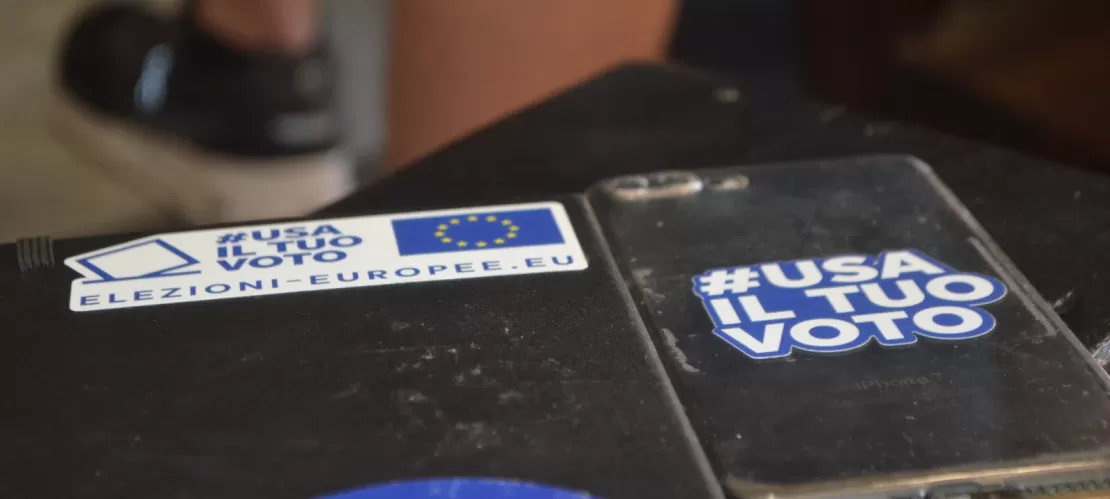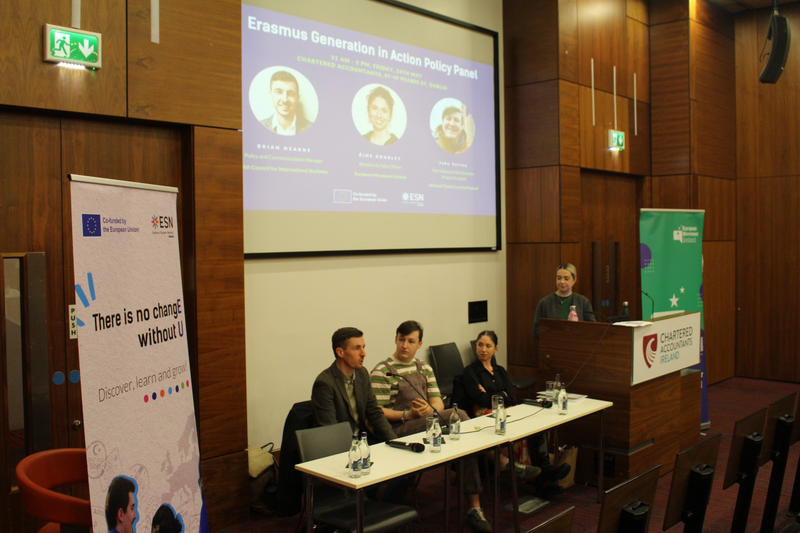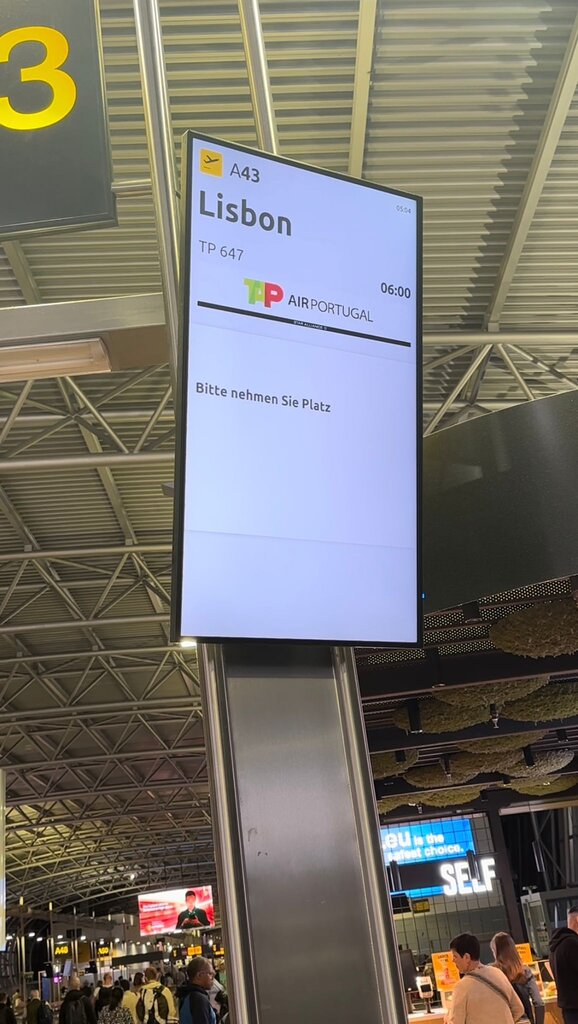
Looking back over the past year, I am reminded that it has been almost one year since I moved to Brussels, Belgium, to take on the challenge of being President of the Erasmus Student Network. Since the moment I arrived, the European Elections have been one of our main priorities.
Luckily, ESN has had the chance to implement a project to promote active citizenship and the participation of young people in the European Elections—the Erasmus Generation in Action project (EGiA). This has been the foundation for many of our advocacy efforts, alongside our network, to promote the EU elections.

Now, just before the European Elections, I will embark on the journey to vote in my own country, travelling from Belgium to Portugal to experience what it is like for an international student who cannot vote from abroad. It’s important to note that, as a Portuguese citizen, I could vote at the Portuguese Embassy in Brussels, but I believe it’s important to fully understand the hurdles students face if they don’t have this opportunity.
Considering the European Elections in Portugal will take place on June 9th, I embarked on my trip on June 8th.
However, such a decision for our democracy involves necessary preparations. Apart from the logistical details, such as booking flights and other transportation methods to reach my hometown, significant preparation has also gone into understanding the political parties' manifestos, not only at the European level but also at the national level.
Considering that in Portugal, we vote for the political party, not individuals, this prior reflection is key to understanding which party is best suited to our beliefs, being essential to have a full picture of the list of nominees each party has put forward for the European Elections.

As individuals, it’s important to be informed about the future we want for Europe and to encourage those around us to continue voting at such a crucial moment for our future. As President of ESN, it has been an incredible journey guiding volunteers of our organisation on the path of understanding how their actions as volunteers and active citizens can impact society and how they can support international students to vote from abroad. It was also important for us to provide as much information as possible on how the EU works, as well as the political groups and their manifestos, to our members. Hence, they are not only informed but also able to inform others and perform their roles as representatives of ESN correctly.
Now, after all these months of preparation, it’s time for the final moment, and I cannot wait to see what the future holds for the European Union.
